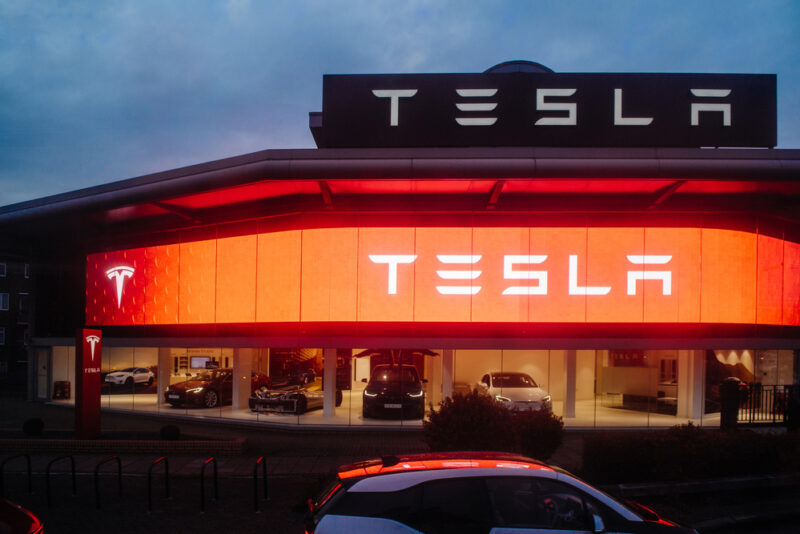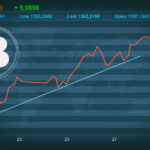From the outside looking in, it would appear that Tesla, the profit maker of Elon Musk, is making a great deal of money.
Tesla reported profits in excess of $438 million in the first quarter of this year. This is by far, the most impressive quarter yet for the manufacturer of electric vehicles and solar panels. However, not all is what it seems. A close look at where the money came from is proving to be a disappointment for investors in the company.
Close to a quarter of Tesla’s reported a first-quarter profit, $101 million, did not come from the company’s core business, it came from selling a portion of the stake it holds in Bitcoin. Tesla disclosed in February that it, as a company, bought $1.5 billion of Bitcoin. The company stated at the time that its intention was to hold the cryptocurrency as an integral component of its risk management strategy. The company also stated at the time that the holdings would facilitate purchases of vehicles with Bitcoin.
Price of Bitcoin Has Risen
Unbeknown to Tesla, or anyone else for that matter, the Bitcoin price has risen close to 60 percent since the early part of February. This rapid price increase may have been what prompted the company to sell a portion of its stake. During the same period, Tesla also generated $518 million from the sale of regulatory emission credits to other vehicle manufacturers. From Tesla’s point of view, these sales represent almost pure profit.
Ryan Brinkman, of JPMorgan Chase, follows Tesla closely. Morgan stated in a note sent to clients that when the gains on Bitcoin as well as regulatory credits are stripped away, the company’s core business of producing and selling cars and solar panels lost $25 million during the first quarter of the year. Although a loss was expected, a loss of this magnitude was considerably worse than he, as well as other analysts, had expected.
Due to what Brinkman calls a “sizeable miss,” he expects to see a negative reaction in the share price of Tesla stock. He has placed a rating of underperformance on Tesla stock. This rating is Wall Street’s way of telling investors to sell. By mid-day Tuesday, Tesla’s share price had dropped by $23, however, the stock remains a top market performer. In the past year, Tesla’s stock price has risen by nearly 350 percent.
Demand for Tesla Vehicles Remains Strong
Wedbush Morgan tech analyst Dave Ives believes demand for Tesla vehicles will remain strong and grow. Morgan notes the shortage of computer chips is currently a challenge for the company. The lack of these components has been a considerable hindrance to Tesla’s ability to maintain vehicle production. The same problem is having a detrimental impact on other vehicle manufacturers as well.
Tesla has a problem but it is small when compared to other car manufacturers. Several automotive companies have developed electric vehicles which are slated for market introduction in the next year or so. The lack of chips is hurting Tesla. It is losing market share in the international arena.
Although vehicle production is hampered by this supply problem, Tesla remains the undisputed leader in electric vehicles in the United States. Last year alone saw Tesla capturing 80 percent of electric vehicle sales. However, Electrek, an internet website that covers the EV market has predicted that the market share of electric vehicles currently held by Tesla could drop to as low as 50 percent.
Granted, the sales of electric vehicles are growing, so half of a larger pie is not all bad. However, the increase in EV sales may not be enough to make up for lost ground.
Furthermore, as competition in electric vehicles heats up, it will become progressively harder for Tesla to generate profit. As industry rivals sell more electric vehicles, it is unlikely that they will have to continue buying emission credits from a competitor. Tesla has already suggested that the sale of emission credits will not last forever.
WeInvests is a financial portal-based research agency. We do our utmost best to offer reliable and unbiased information about crypto, finance, trading and stocks. However, we do not offer financial advice and users should always carry out their own research.
Read More













